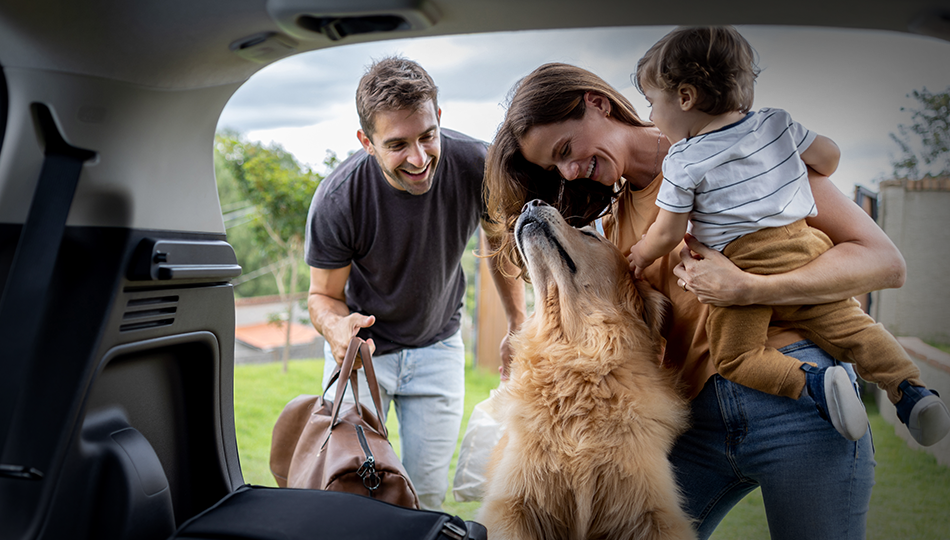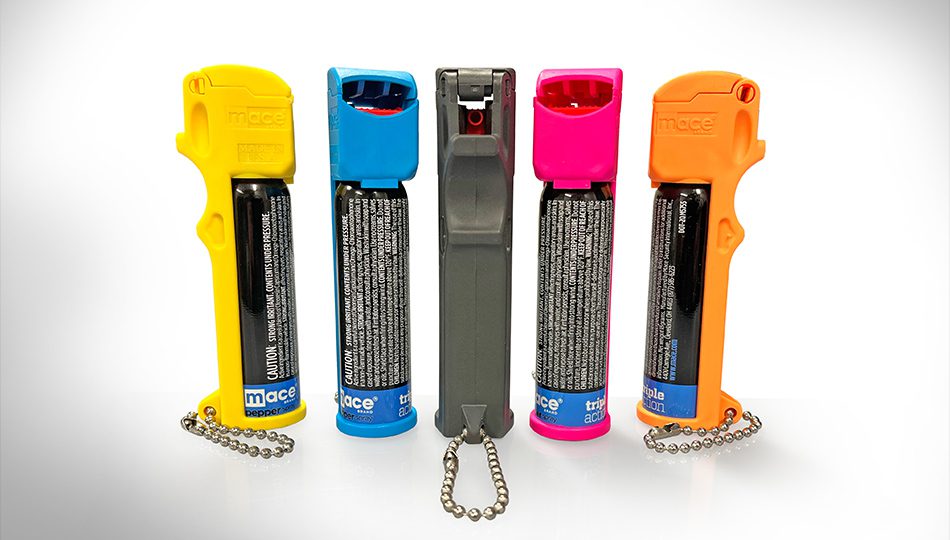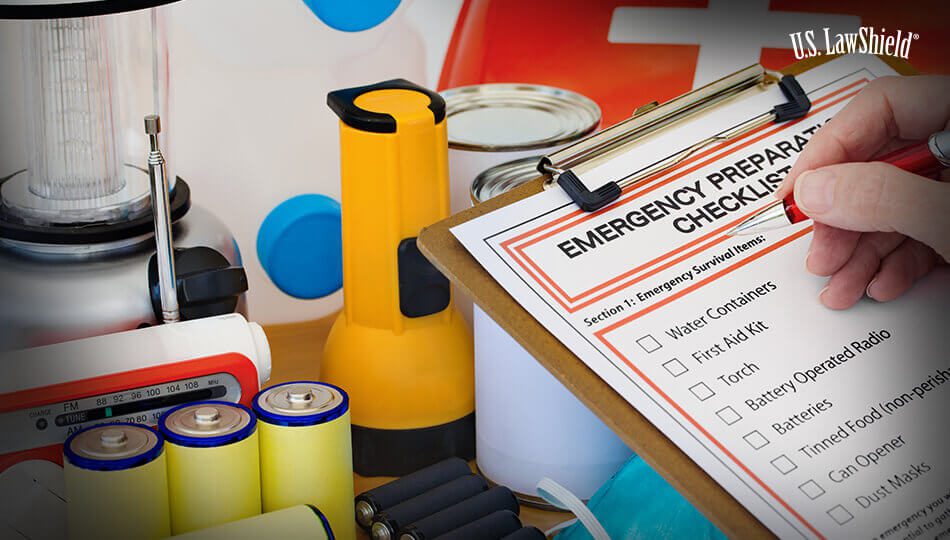The following is a video transcript.
Members, your Independent Program Attorneys’ years of cumulative experience defending thousands of members has led to some critical tips for any 911 call regarding self-defense. Here are 5 must-know tips from your Independent Program Attorney before you call 911.
First, if you use or display your gun, call 911. DO NOT DISCUSS WHAT HAPPENED WITH THE OPERATOR.
Second, give the operator information that is needed for them to send help:
- your name and that you are the victim of a crime;
- the location of your emergency;
- what services are needed (police, EMS, or fire);
- a general description of what you are wearing to avoid any confusion by police when they arrive (i.e., you are a six-foot-tall male wearing a green jacket and brown pants);
- essential logistical information you may need to convey (i.e., you have the intruder held at gunpoint in your living room—please don’t accidentally shoot me, the homeowner), but as little as you can.
Third, every 911 call is recorded and can be used as evidence against you. Do not use words like “killed” when speaking about the incident to the 911 operator.
Fourth, 911 operators are trained to keep you on the phone talking about the situation; however, you are not required to stay on the line. Once you complete your phone call, hang up, and ignore the 911 operator’s attempts to call you back.
Fifth, DO NOT waive your rights—you may need them.
Once you have followed these five tips, hang up with the 911 operator and call the U.S. LawShield Attorney-Answered Emergency Hotline right away. Try to make this call in an area where you can be alone and speak privately. The Independent Program Attorneys will help you with what to say and do before the police arrive.
If you cannot get to an area where you are alone, simply tell the hotline attorney your name, member number, location, and what type of emergency you’ve experienced (i.e., shooting, drawn firearm, etc.). If you have time, give the name and phone number of an emergency contact to the attorney in case you are arrested.
Members, during your time of need, an Independent Program Attorney is ready to assist you and is just a phone call away. Call the emergency hotline number located on the back of your member card.
U.S. LawShield is there for you before, during, and after a self-defense incident. Become a member and get the peace of mind you want and the protection you need.





Good reminder & info. I was inaware of tveneedyo give an emergency contact to the attorney you talk to but it makes good sense in your article. Thank you
I fully realize you are concerned with the legal and court battle that will ensue after the incident/ However one of the pieces of “advice” you provide may well end up in not only not protecting thew legal rights of a member but may get them killed. As a retired Police Officer with tactical knowledge, it is imperative that the person STAY ON THE LINE so that the Officers will know where they are as the Officers arrive. Otherwise the Officers will be unaware of the physical location of the caller until they happen to stumble across them after arrival. Having a firearm in hand or even in a holster will not give the responding Officers a warm fuzzy feeling if they do not already know where the caller is.
What is meant by to not waive your rights? Which rights would be waived?
One thing I have never heard mention in any of these blogs is what to do with the weapon. Do I keep it on me? Do I place it somewhere in plain sight? Do I place it somewhere out of site?
What if you call 911, hang up. Call Attorney Answer LawShield Emergency Hotline and get the information you need and then call 911 back and what do you do with the gun?
I just joined not long ago and everything ive been reading on us law sheild post i dont think im going to carry because even if i have to just display my weapon i might go to jail let alone if i have to defend myself
This is very useful information i love these small videos. I hope no one has to use there weapon ever but if you do remember these videos learn as much as you can get all the information you can tell your spouse what to do with the card of us law shield.cover your self so please be safe be responsible with your firearms god bless us all
This is very useful information i love these small videos. I hope no one has to use there weapon ever but if you do remember these videos learn as much as you can get all the information you can tell your spouse what to do with the card of us law shield.cover your self so please be safe be responsible with your firearms god bless us all
I have had to summon police twice in the past year for different threats. There is considerable confusion between what I told the 911 operator and what they told the police. I am concerned about giving a description of me – I have heard it get twisted around to where my description is relayed to the responding units as the SUSPECT! Yikes! So that item concerns me.
My opinion… if the threat is no longer present (be sure) then holster your weapon. Don’t put it somewhere or lay it on the ground – you never know if the threat returns or another threat appears… you don’t want the gun in your hand when officers arrive unless you have no other choice (ie: holding someone at gunpoint).
Expect to be disarmed, probably handcuffed and likely transported to the police station for questioning.
After an incident of road rage , it is vital for you to call it in as soon as possible, the reason is the other guy will probably be doing the same thing, casting YOU as the bad guy. It becomes he said, you said issue at that point. The LEO will make a determination on what to do.
What to do with your gun ? Put it out of reach and possibly sight. Make sure you keep your hands in plain sight, don’t move when the officer approaches your vehicle. Only answer questions about who you are, where you live, and other such questions he may ask you.
The hardest thing to do in these cases is to keep your mouth shut, tight. Every thing you say WILL be held against you. I would give Law Shield first, provide them with your member number, name and phone number, and a short explanation of what just happened. Make it brief, hang up and call the LEOs. Collect your self while you wait If you have the time call the Law Shield people back and fill them in with as much info as possible. When the police arrive make no statements to them, simply say you want to remain silent until you have your lawyer present. It is your right to remain silent, use it. The police will go nuts trying to get you to forgo your rights in order for them to get all the facts about what happened, resist the urge to justify yourself to them.
Remember the single hardest thing to NOT do is to clamp your mouth shut and keep it shut. Remember all the TV movies when the nice policeman says we just need to know what happened for the report, and then that anything you say can and WILL be held against you in a court of law.
One comment by a retired police officer says stay on the line with 911 operator. I did exactly that after a defensive drawing of my firearm, was on cell phone with my firearm in my pants pocket awaiting arrival of officers. Shockingly the police officer carrying the AR shouted at me to “drop it” I will shoot you regarding my phone. Of course this response was due to my attacker telling the officers I was brandishing a firearm. He actually “swatted me” after charging at me with a fence post onto my own property. Very long story so I will stop here. My wake up call after having concealed Carry permit over 14 years. I oined Lawshield the following week.
If you *are* going to be on the phone, use Bluetooth to keep your hands free! :-)
Here’s a few things that may be to your advantage, esp. after bang!
Say that you’re a victim of whatever crime you’re a victim of. Just saying that “I’m the victim of a crime.” will bring the 911 operator to ask, “What kind of crime.” Been there done that.
Point out the actor(s) (perpetrator) to police. If he/she/they fled give descriptions. Yeah, they may run off even if you shot them.
Point out evidence, try to protect it. Evidence can be moved or destroyed. Take note.
Point out witnesses to police. Some people will not want to be involved and you may need there testimony.
You should holster or sling you firearm if/when it’s safe. Especially as the police roll onto the scene. If the officers tell you to drop the gun, drop the gun. Expose your hands, fingers spread, so that officers can see them. They are trained to watch the hands: “Hands are what will hurt you.”
Exercise you right to remain silent. Tell the officers you are a L/S member, if you are, and will give them your full cooperation after speaking with an attorney.
Would be nice to have a printer-friendly option for this article. Could print and have available as a reminder when calling 911.